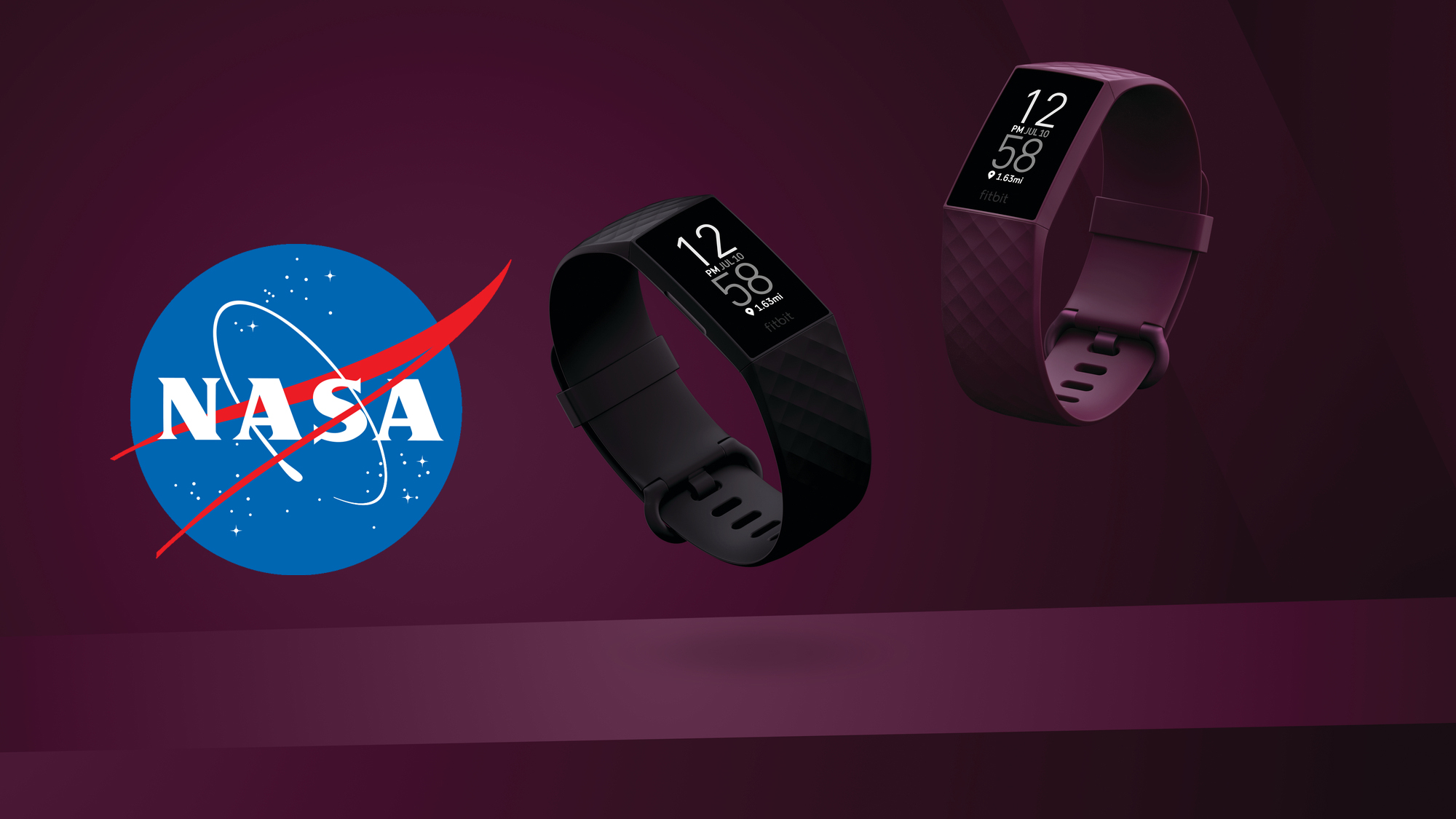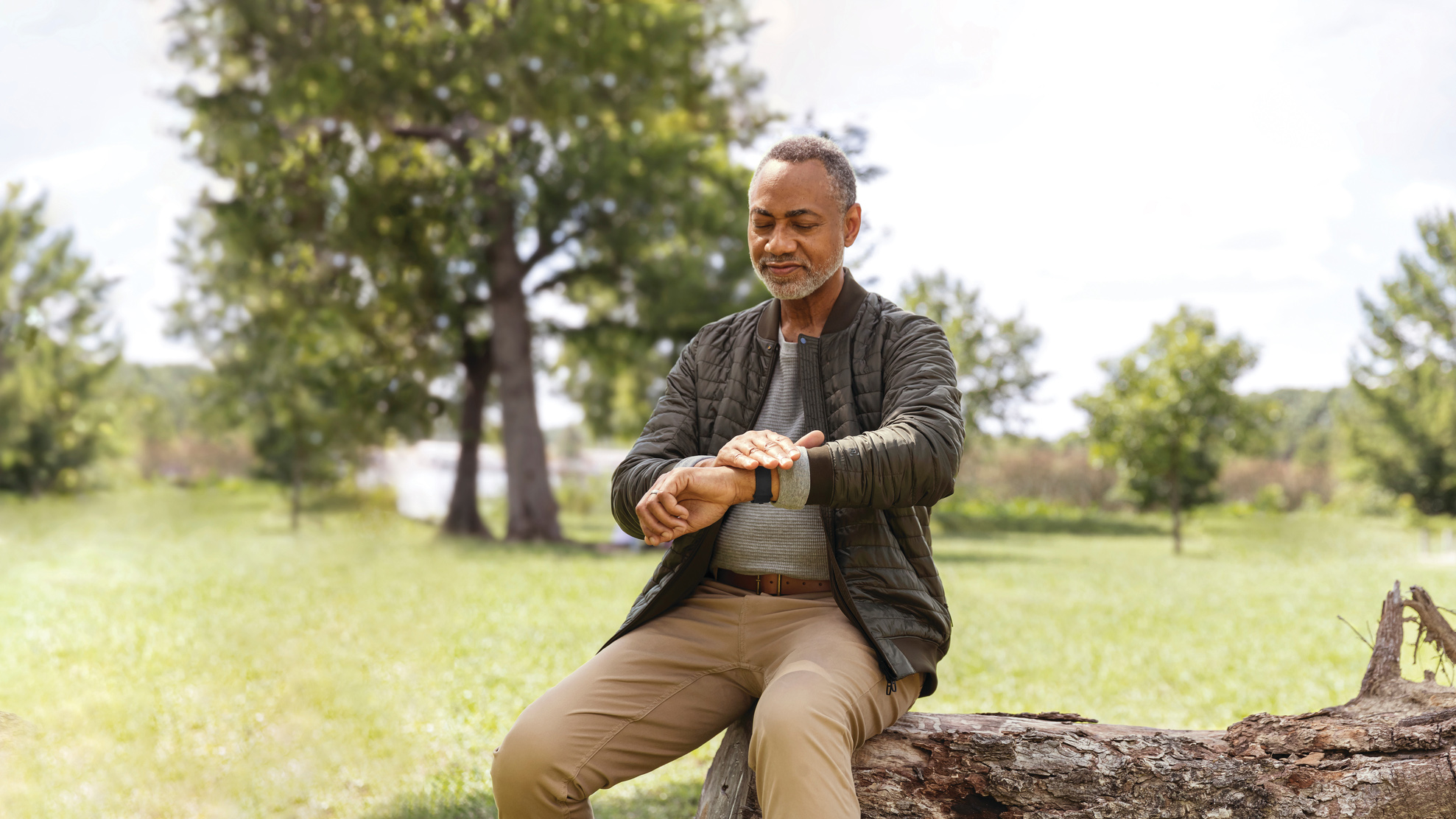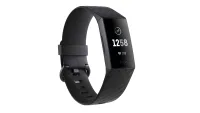NASA to start using Fitbits to detect covid-19 symptoms as early as possible
Ground control to Major Tom, take your protein pills and put your Fitbit Charge 4 on


The best Fitbit are versatile fitness trackers and have quite a few useful health and fitness features, not to mention the ability to detect early signs of covid-19 before you can even notice them. This is probably one of the many reasons why the National Aeronautics and Space Administration, or NASA for short, has decided to issue "1,000 of its employees, including 150 astronauts, with Fitbit devices in a pilot program designed to see if they can help supplement efforts to keep these mission-critical personnel healthy ahead of key space missions", as TechCrunch reports.
As part of the pilot program, "employees performing mission-critical work at six locations across the United States will receive Fitbit Charge 4 devices and access to Fitbit’s Ready for Work Daily Check-In experience. The in-app Daily Check-In feature allows users to log their symptoms and temperature, track key health metrics, and receive summarized COVID-19 guidance based on CDC guidelines."
Fitbit is making a considerable effort in trying to establish itself as the go-to health wearable manufacturer. Not only it keeps rolling out more and more health features to its existing smartwatch range, like when it activated the dormant SpO2 sensors in older Fitbit devices in early 2020, but the American company is also busy conducting research using these health features, together with Fitbit users, to combat the spread of the global pandemic we are experiencing now.
Fitbit Charge 4 Fitness tracker | Was £129.99 | Now £98.98 | Save £31.01 at Amazon
The space-ready Fitbit Charge 4 tries to bridge the gap between fitness trackers and multisport smartwatches. It has built-in GPs and utilises Fitbit's Active Zone Minutes feature that tracks heart rate continuously throughout the day. It can also monitor and score sleep and has a battery life of 'up to' seven days.
As Fitbit announced in May 2020, "Wearables, like Fitbit trackers and smartwatches, are currently being used in research studies from partners like the Scripps Research Translational Institute and the Stanford Medicine Healthcare Innovation Lab to see if wearable data can help detect the early onset of infectious diseases, like the flu and COVID-19, even before symptoms start."
100,000 Fitbit were recruited to take part in the study, and over the subsequent two months, 1,000 positive COVID-19 cases were reported. The early findings – which have been submitted for publication in a peer-reviewed journal – suggest that the wearable can detect nearly 50% of cases one day before users reported symptoms, with 70% specificity.

Next stop: space!
Taking into account the amount of money it costs to spend one person into space, it's no surprise NASA is trying to minimise the room for error by issuing Fitbit Charge 4 fitness trackers to its personnel. As well as adhering to social distancing guidelines in its facilities, new data supplied by the fitness trackers, such as resting heart rate and heart rate variability, will help NASA tackle covid-related issues even sooner than before.
Other Fitbit products have similar and sometimes even more well-rounded health and fitness features. The Fitbit Versa 3 sports an updated user interface and physical design while the Fitbit Sense does even more and measures stress, as well as being the first Fitbit with an ECG app to assess your heart rhythm for signs of atrial fibrillation (AFib).
Get all the latest news, reviews, deals and buying guides on gorgeous tech, home and active products from the T3 experts
And who knows, maybe at some point in the near future, astronauts will get to wear Fitbit trackers to track their health stats, even when they are stationed at the International Space Station.

Matt Kollat is a journalist and content creator for T3.com and T3 Magazine, where he works as Active Editor. His areas of expertise include wearables, drones, action cameras, fitness equipment, nutrition and outdoor gear. He joined T3 in 2019.
His work has also appeared on TechRadar and Fit&Well, and he has collaborated with creators such as Garage Gym Reviews. Matt has served as a judge for multiple industry awards, including the ESSNAwards. When he isn’t running, cycling or testing new kit, he’s usually roaming the countryside with a camera or experimenting with new audio and video gear.
